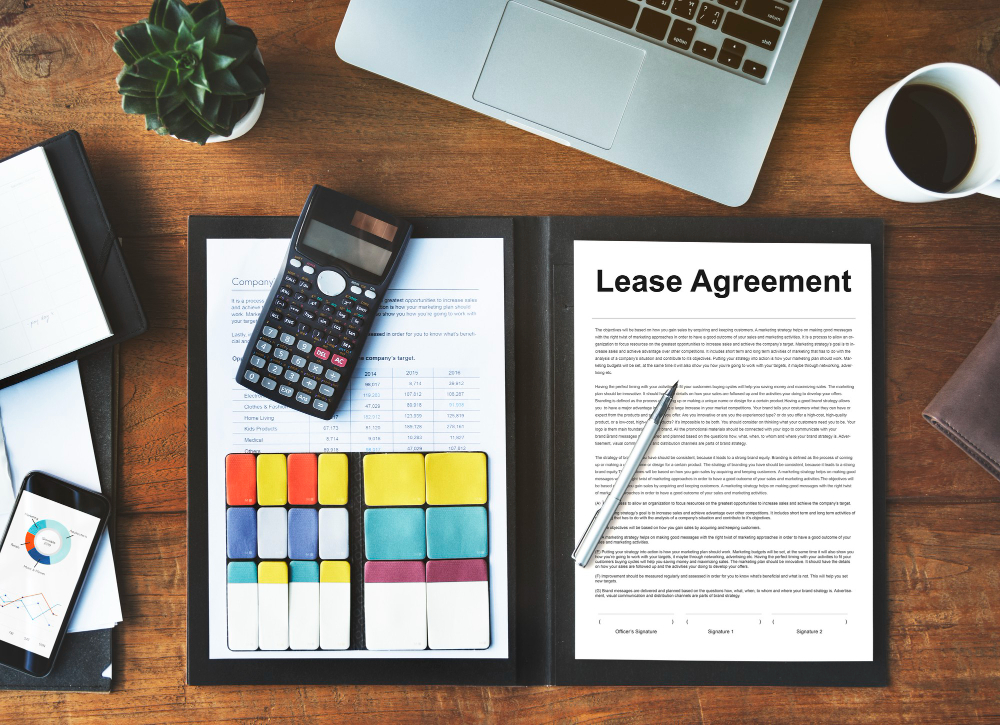When it comes to acquiring expensive assets like vehicles, machinery or equipment, hire purchase (HP) is a popular financing solution for businesses. It allows companies to spread the cost of a purchase over time while using the asset immediately. Is this the right choice for you? In this blog, we’ll break down what it is, how it works and explore its key advantages and disadvantages of hire purchase.
What is Hire Purchase?
A hire purchase, also known as an installment payment plan, is an agreement, a legal contract in which the buyer commits to paying for an item or items over a pre-agreed time period in the form of set installments. After all payments, including interest, have been made then ownership of the asset passes to the buyer. Legally, the asset is still owned by the seller or financing company until the last payment has been made.

How It Works
Choosing an asset and signing an agreement with the seller or a finance company usually marks the start of the process. Typically, an initial deposit is needed, and then regular monthly payments are made to cover the asset’s remaining cost plus interest. Although it can vary, these agreements typically last between one and five years. Ownership of the asset passes to the buyer upon completion of all payments.
Common Uses of Hire Purchase
Both individuals and businesses utilise this financing method to obtain assets without the need for large upfront capital, making it a popular choice for equipment finance and other high-value items such as:
- Automobiles: Cars, trucks, motorcycles, vans,etc.
- Machinery and Equipment: Industrial, agricultural or commercial equipment.
- Electronics and Appliances: Expensive gadgets, computers, laptops, appliances, etc.
- Office furniture: Remodeling or starting a business with a fully furnished office.
Advantages of Hire Purchase
-
No Large Upfront Costs
One of the primary benefits of HP is the ability to acquire assets without a significant initial outlay. This structure allows buyers to manage their cash flow more effectively, preserving capital for other operational costs.
-
Easier Budget Management
The fixed regular payments associated with installment agreements facilitate easier budgeting and financial planning. Businesses and individuals can predict their expenses over the term of the agreement, aiding in more accurate financial forecasting.
-
Ownership at the End of the Term
Unlike some leasing arrangements, hire purchase agreements culminate in the transfer of ownership to the buyer after all payments are made. This outcome is particularly appealing to those who intend to retain and use the asset long-term.
-
Tax Benefits for Businesses
Businesses may be able to claim capital allowances on assets acquired through HP, potentially offering tax benefits. However, it’s essential to consult with a tax advisor to understand the specific implications based on individual circumstances.
-
Flexible Repayment Terms
Hire purchase agreements often offer flexibility in repayment terms, allowing buyers to select a plan that aligns with their financial situation. This flexibility can include varying the length of the repayment period or adjusting the size of the deposit to suit budgetary requirements.

Disadvantages of Hire Purchase
-
Higher Overall Cost
While this set payment plan spreads the cost of an asset over time, it often results in a higher total expenditure due to interest charges. Buyers may end up paying more than the asset’s original price when all payments are considered.
-
Ownership Is Not Immediate
Since ownership transfers only after the final payment, buyers do not have legal ownership of the asset during the repayment period. This condition may have implications for asset management and utilisation.
-
Risk of Repossession
Failure to adhere to the payment schedule can lead to repossession of the asset by the seller or finance company. This risk underscores the importance of ensuring that the repayment terms are manageable and align with the buyer’s financial capacity.
-
Potential Depreciation
Assets like vehicles may depreciate over the time of the hire purchase agreement. By the time ownership is transferred, the asset’s value could be significantly lower than the total amount paid, affecting the overall return on investment.
A good way to finance the acquisition of assets without having to pay high upfront costs is through HP agreements. They appeal to both individuals and businesses because they offer planned payment schedules and eventual ownership. However, understanding the advantages and disadvantages of hire purchase is essential. Determining whether a hire purchase agreement fits your financial objectives and situation requires careful thought and careful budgeting.
Business Finance House provides tailored funding solutions designed to support your business growth. Get in touch with us today to explore how we can help you achieve your financial goals.




